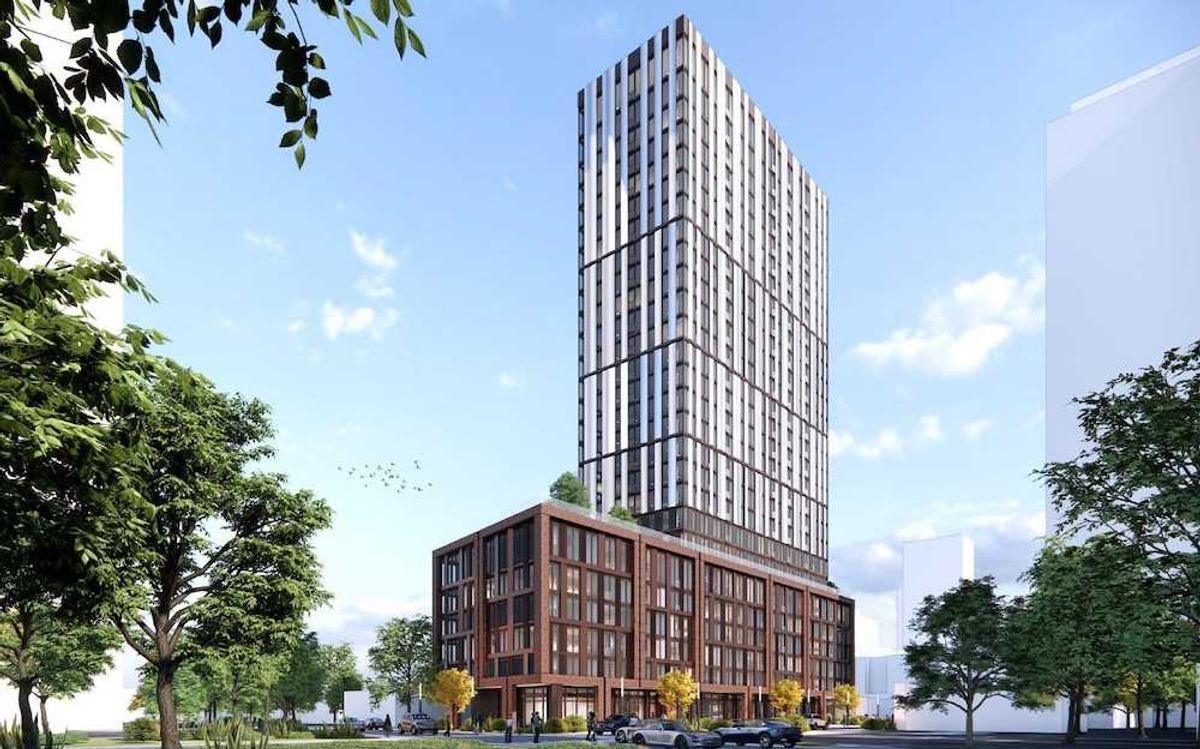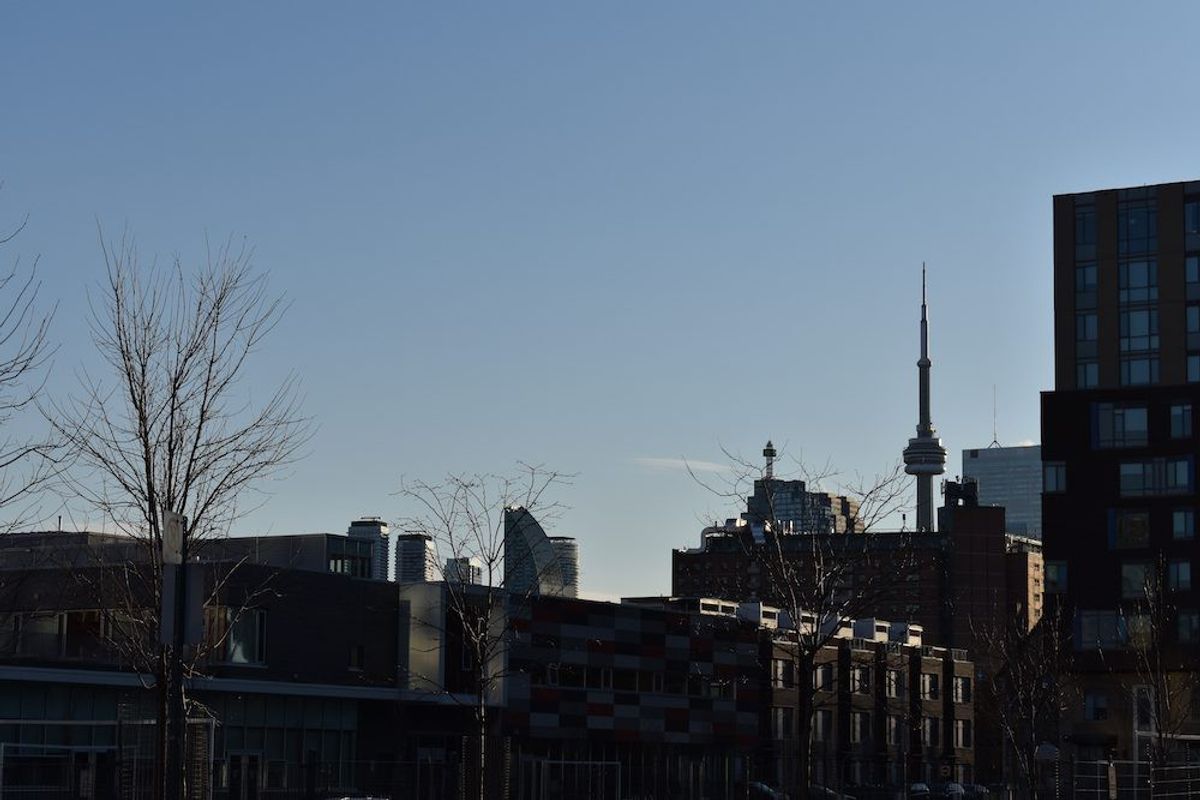In response to COVID-19, Canada closed its borders to all non-essential traffic, leading to a drastic downturn in immigration and a slowdown of new permanent residents to the country.
In fact, Immigration, Refugees and Citizenship Canada (IRCC) data shows that the drop in the number of new permanent residents in April – the peak of the pandemic – marks one of the steepest declines in recent history.
As Canada's largest real estate markets depend on high levels of immigration to thrive, they have been hit hard, with a rental market softening already resulting in three straight months of average rental price declines in Toronto.
READ: Low Immigration and High Unemployment to Curb Canadian Housing Rebound: RBC
On a national level, Canada saw just 4,140 new residents admitted in April, which was down 78% from March, when the country welcomed 19,125 new residents, or an 85% decrease compared to April 2019.
So far in 2020, Canada has welcomed 73,920 newly admitted permanent residents, down 20% from the same time last year. The year started off with 24,725 new residents in January, followed by 25,930 in February, showing the decline has been a sharp one, and occurred almost entirely in April.
On a provincial level, Ontario welcomed just 2,275 new residents in April, down 73% from March, when the province had 8,690 newly admitted residents.
Here in Toronto, which is one of Canada's largest real estate markets, the data shows that there were just 1,520 newly admitted residents in April, down 77% from the month before, or an 84% decline when compared to April 2019. In 2020, Toronto has added a total of 26,075 new permanent residents, down 22% compared to the same period last year.
Vancouver, on the other hand, saw even larger declines in April, welcoming just 270 new permanent residents, down 88% from a month before. This works out to a 91% decline compared to April 2019.
This comes as the federal government announced on June 16 that the Canada-US border will remain closed to all non-essential or "discretionary" travel for another month. The extension on the existing agreement means that the border restrictions will stay in place until July 21, even as both countries continue to reopen their economies.
Just last week, Toronto was named the fastest-growing metropolitan area in both Canada and the US in a report from Ryerson University’s Centre for Urban Research (CUR). The report said the city's population growth can be mainly attributed to immigration, with Toronto having received three times as much population growth from immigration as New York City during the same period (the 12 months ending July 1, 2019).




















